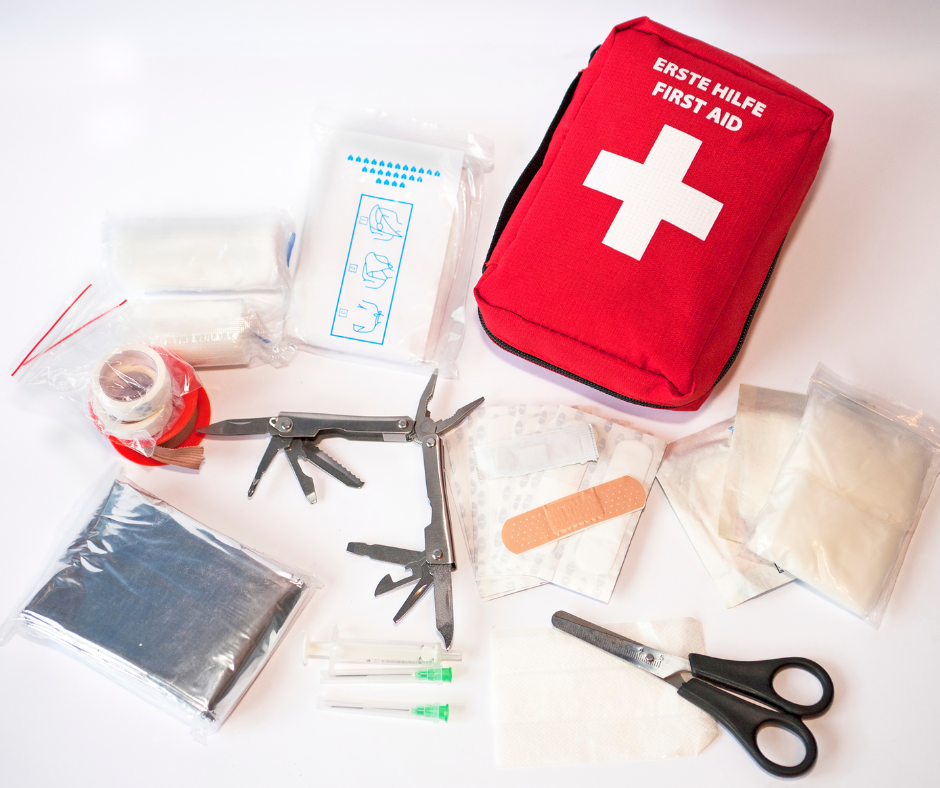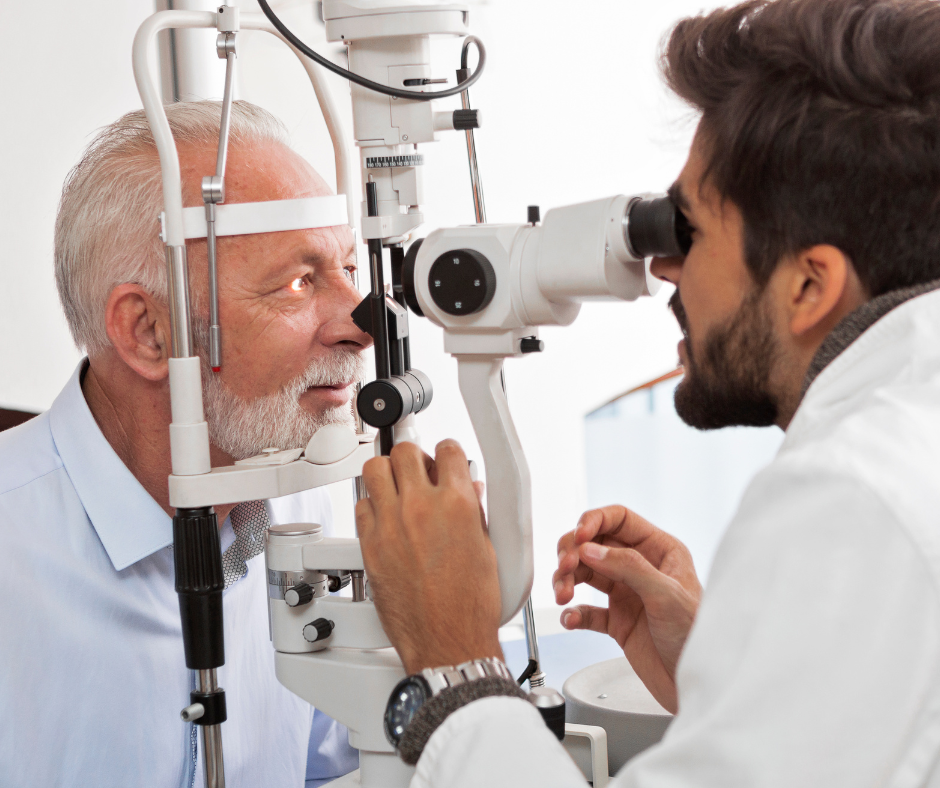
Despite most people assuming that mental and physical health are two separate entities, they are actually very closely linked. According to WebMD, mental health affects physical health and vice versa. Some people who suffer with poor mental health will in turn suffer with physical health problems such as chronic pain.
How Does Mental Health Affect Physical Health?
Of course, not all physical health problems are caused by poor mental health. Nevertheless, many preventable physical health problems are more likely in those with a mental health condition.
Unfortunately, some people have a higher risk of both mental and physical health problems because of a family history of illness. The genes that are responsible for some mental health conditions might also make it more likely for that individual to have a physical health condition.
According to the pain management physicians at KindlyMD, individuals with poor mental health often suffer with aches and pains because they do not have the motivation to take care of themselves and exercise. Their mental health issues make it difficult for them to get up and move about, which then results in stiff and weak muscles, in turn causing poor posture and pain.
How to Improve Health
There are certain things that you can do to improve both your physical and mental health and making changes to your lifestyle will help dramatically.
If you are struggling with mental health problems, changing your diet can be beneficial. It may be easier to eat processed foods for convenience, but such a diet is not good for either mental or physical health as it is typically high in sugar and salt. It is much better to eat freshly prepared foods with a healthy amount of good fats, proteins, complex carbs, minerals, and vitamins. Eating more fruit and vegetables is recommended and it is important to ensure you are drinking enough water each day. Aim for at least two liters daily.
Increasing physical activity will also improve your health. If you have been relatively inactive for some time, it is best to start off slow initially. Try a short walk two to three times per week in the beginning and as you get used to moving about you can increase the time so that you are walking up to thirty minutes five times per week. When you exercise, your brain will release feel-good chemicals called endorphins. These chemicals will give you energy and will boost your mood. They will also make you more mentally aware and can have a positive impact on your mental and physical health.
Your health will improve if you quit smoking and cut back on alcohol consumption, both of which have a negative impact on physical and mental health. If you have been smoking for a long time, it can be difficult to stop but there is help available. Speak to your physician about support to quit.
Something that many people forget about when thinking about ways to improve their health is the positive impact that a good social life can have. When we interact with others it improves mental health. It stops us from feeling lonely and isolated, which is often a major factor in mental health. Make time to spend with family and friends as this will improve your overall health.
Conclusion
Mental and physical health are intricately linked and when one suffers the other is often impacted too. There are things that can be done to improve both mental and physical health, such as eating a healthy diet, increasing physical activity, becoming more social, and quitting smoking.


